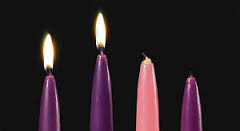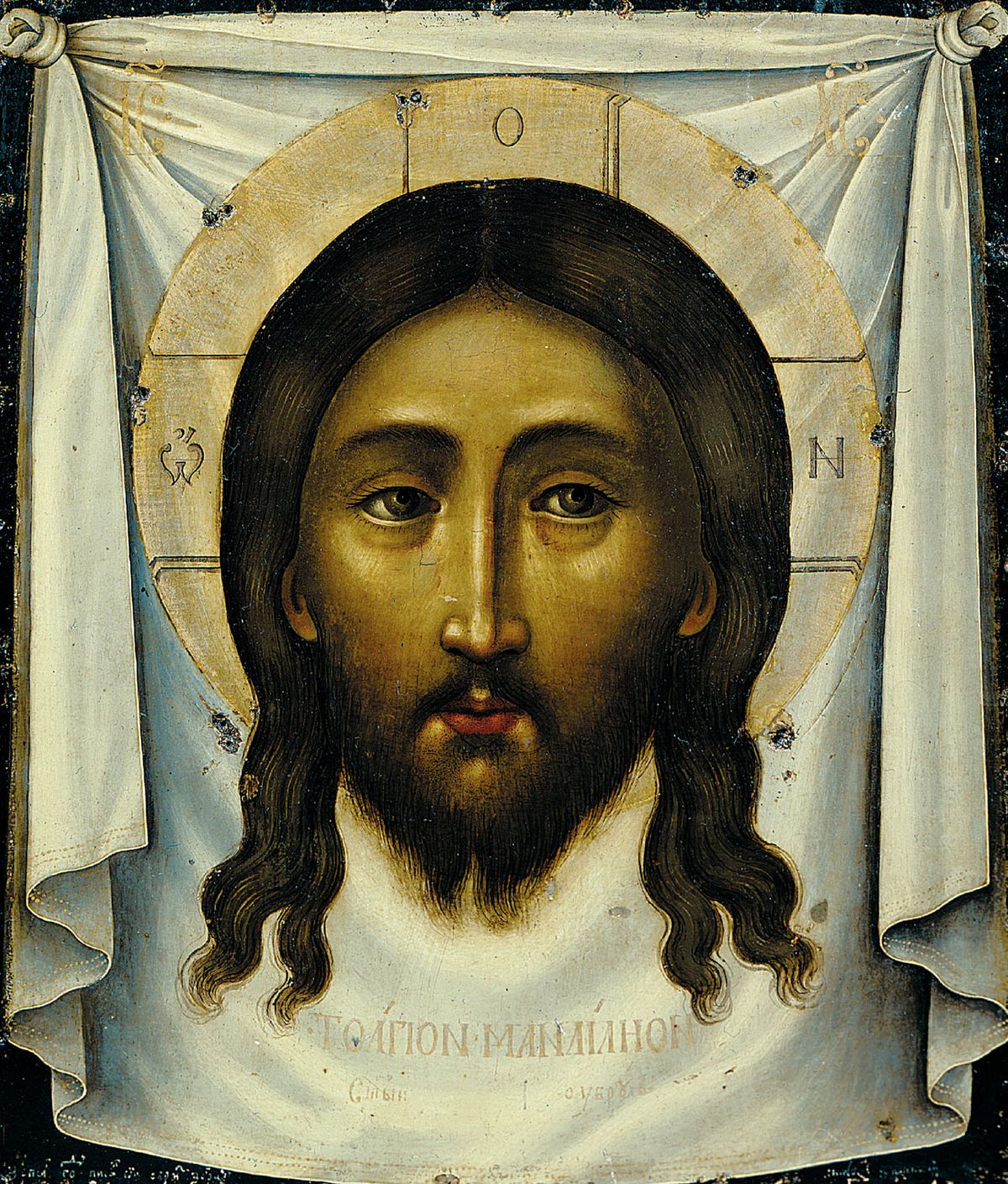Readings: Is 11:1-10; Rom 15:4-9; Mt 3:1-12
“On THAT day…” I confess that this saying, and ones like it, such as last week’s “in days to come,” are among my favorites for focusing on the grand hope Christianity really promises. Songs proclaim this hope. One of my favorites is a gem from my days at St. Boniface in central Minnesota. But others speak of the “day of the Lord” when “the sun will shine like the dawn of eternal day” or “when every tear shall be wiped away.” And in one of the best final verses in contemporary hymnody, We “sing of that great Day when all will be one.”
The readings of Advent have a double focus, on the first and second comings of Christ. We are waiting, hoping, yearning, longing for a future in a present colonized by destruction and violence, often our own destruction and violence. The Israel being addressed by Isaiah and by John the Baptist knows that it is under siege in part because of its own unfaithfulness.
But what will happen “on that day”? The picture we get of that day is paradoxical. On the one hand, the picture is filled with images of decisive judgment. The shoot of Jesse will “judge the poor with justice” and “strike the ruthless with the rod of his mouth and with the breath of his lips slay the wicked.” Last week, we heard he will “judge the nations” and “set terms for many peoples.” On the other, we get famous images of swords being beaten into plowshares and lions lying down with lambs. The Gospels, too, accentuate the judgment theme in unsettling ways. Last week, the image of our mindless obliviousness of that day as the thief comes in the night, and this week, the thresher in his barn with his “winnowing fan” and his “unquenchable fire.”
It becomes easy to imagine that some other group is the “brood of vipers” who will get the judgment (indeed, we are probably already delivering it), while our group will enjoy the playtime by the adder’s lair. But this very imagination falsifies the true “day of the Lord.” It takes OUR day, rather than “that day,” as its standard. It involves our judgment, not Christ’s judgment.
We need to take seriously both images as two parts of the same promise for the whole world. We do not yet beat swords into plowshares because we do not yet have the ruler who exercises the authoritative judgment. The truly just judgment is itself the prerequisite for the world where nations do not make war. At the same time, we must seriously hope for a world astonishingly different than the one we have right now. We are called to “repent” – to turn around – and trust the promise that in the long run God has called us to serve under a King of peace who reigns from a crib and a cross. We must not compromise the vision.
The hope we have as Christians is not a small, private hope. But it is also not a naïve hope. On that day, God promises judgment just as God promises peace. Let us live in the light of that day, of the judgment and the peace. For as John the Baptist reminds us, the coming of the Son of Man himself is that day. So, in a certain sense, “that day” is not simply something we see off in the future, but is already here “today.”




